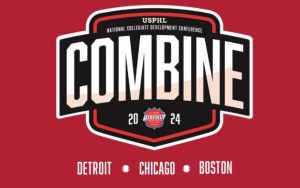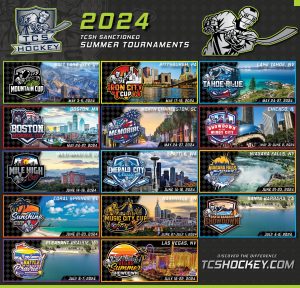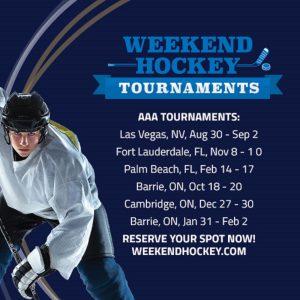Jr. Kings embrace new philosophy

By Brian McDonough
Scour the rosters of high-level junior, NCAA and minor-professional teams over the last 10 years and you won’t have a hard time finding your fair share of Southern California-groomed players.
Thing is, it won’t take long to count the very few who’ve stuck in the NHL, either, and Kelly Sorensen, the Los Angeles Jr. Kings’ executive director, has a pretty good idea why.
“Here’s the reality: Over the past several years, National Hockey League scouts have become enamored with the skill and talent of youth hockey players from Southern California. However, most of our graduates haven’t learned how to embrace the big-boy hockey mentality it takes to break into and remain at the NHL level.
“Big-boy hockey incorporates the high skill level many of our players have developed, along with a relentless attitude and behavior when doing the little things our coaches preach daily, like blocking shots, winning foot races, finishing every check, protecting pucks down low and battling in high-traffic areas.”
Through a shift in developmental philosophies amongst its Tier I coaching contingent this season, the Jr. Kings are refocusing their efforts towards still nurturing highly-skilled players, but with a much more gritty, in-your-face, north-south mentality NHL scouts crave.
“We’re going to start treating our Tier I players like young professional hockey players earlier on in their youth careers, and it’s only going to benefit them when they transition into junior and the NCAA,” said Sorensen.
That lunch-pail, roll-up-your-sleeves mantra resonates loud and clear with Barry Dreger, as assistant coach for the Jr. Kings’ Midget 18U AAA and 16U Major teams.
A Winnipeg native, Dreger enjoyed a lengthy professional playing career and agrees there’s a certain element of hunger lacking in a majority of high-end Southern California players.
“If you look at the real competitors, the top competitors – a Sidney Crosby, a Martin St. Louis – when they’re in a competitive mode, they’re childlike; there’s no fear,” said Dreger. “It’s so energizing. It’s a challenge and they love it; they can’t get enough of it.
“When there’s a challenge, there’s the opportunity to belly up and go at it or think about the consequences or the negatives or say to yourself, ‘Do I really want to work that hard?’ Those guys don’t think that way; they see a challenge and say, ‘Giddy up. Let’s go.’”
Skill development, though, will never take a back seat, says Dreger.
“But now we have to incorporate some grit, some sandpaper, some compete level in the kids,” said Dreger, who also stresses unwavering accountability and equality amongst each and every player, on and off the ice.
Dreger recalls a conversation he had recently with an NHL general manager relating to the importance of a sound coaching structure.
“He said, ‘Straight up, when we’re looking at kids for the draft, everyone is highly skilled, but when we put them into our system or any system, the players who come from good coaching backgrounds, compete and understand the game fit in; the guys who don’t stick out like a sore thumb.’”
The forward thinking goes hand-in-hand with the construction of the Jr. Kings’ education center – located in El Segundo’s Toyota Sports Center – the Jr. Kings’ home facility. The room will include study cubicles and an audio-visual center designed to give the Tier I players additional resources they need to progress, both on the ice and in the classroom.
The organization is also benefiting from the knowledge and expertise of former NHLer Nelson Emerson, the Los Angeles Kings’ director of player development. In his new role as the club’s coach/club consultant, Emerson is working closely with every member of the Tier I coaching staff in an effort to get the most out of each and every player.
“We have talented players, and we don’t want to change their game; we just want to add to it,” said Emerson. “We want to develop a culture of a club that cares about puck battles and puck protection, which leads to possession and playmaking.”
And while the philosophic coaching shift is only in its infancy, Dreger, for one, is nothing but encouraged with the all-hands-in-the-middle approach being championed amongst the program’s entire Tier I staff.
“This only works when people put aside their egos and there’s collaboration, when we can sit in a room and have a conversation about X, Y and Z and come up with a strategy to implement,” he said.
“If we’re going to make a change in California hockey, it comes down to the coaches, and what I’m finding is that the guys we have around here are all really passionate about the game, and that passion becomes contagious.”









